Search
Search within Resources
1447 results found
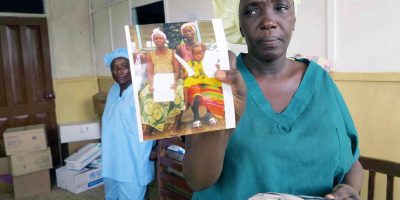
Briefing
“We are the heroes because we are ready to die for this country”: Participants’ Decision-Making and “Grounded Ethics” in an Ebola Vaccine Clinical Trial
The 2014–2016 Ebola epidemic presented a challenging setting in which to carry out clinical trials. This paper reports findings from social science research carried out in Kambia, Northern Sierra Leone during first year of an Ebola vaccine trial (August 2015–July…
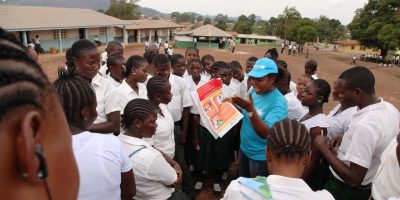
Background report
Engaging ‘Communities’: Anthropological Insights from the West African Ebola Epidemic
The recent Ebola epidemic in West Africa highlights how engaging with the sociocultural dimensions of epidemics is critical to mounting an effective outbreak response. Community engagement was pivotal to ending the epidemic and will be to post-Ebola recovery, health system…
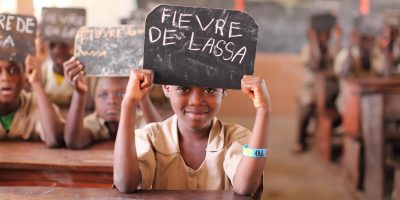
Background report
Emerging Disease or Emerging Diagnosis?: Lassa Fever and Ebola in Sierra Leone
It has become routine to attribute the tragedy of the West African Ebola epidemic to inexperience and lack of knowledge. The states and citizens of Guinea, Liberia, and Sierra Leone were portrayed as entirely unfamiliar with Ebola and therefore without…
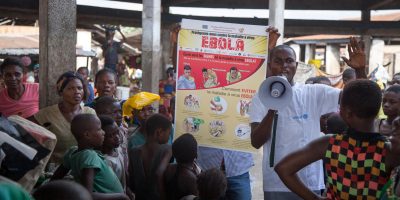
Background report
Ebola Through a Glass, Darkly: Ways of Knowing the State and Each Other
The Ebola epidemic unfolded in radically divergent manners in two neighboring villages in Sierra Leone, with one recording 40 cases and 20 deaths and the other recording zero cases, though they are located only 100 meters apart. Presented with identical…
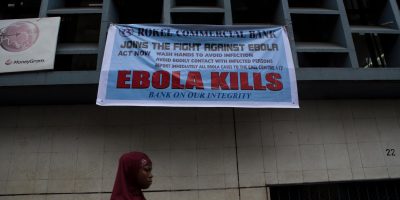
Background report
Ebola and Lessons for Development
As the Ebola crisis continues to unfold across West Africa and the international community belatedly responds, broader questions arise beyond the immediate challenges on the ground. These fundamentally challenge our understanding of ‘development’ as framed and practised in past decades.…
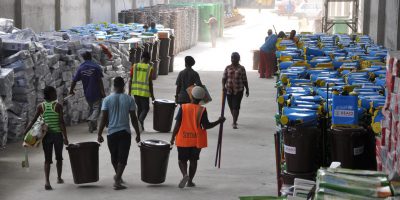
Background report
Distinguishing Social and Cultural Features of Cholera in Urban and Rural Areas of Western Kenya: Implications for Public Health
Urban and rural areas have distinctive health problems, which require consideration. To examine sociocultural features of Cholera and its community context, a semi-structured explanatory model interview based on vignettes depicting typical clinical features of Cholera was used to interview 379…

Background report
Culture and Health
Planned and unplanned migrations, diverse social practices, and emerging disease vectors transform how health and wellbeing are understood and negotiated. Simultaneously, familiar illnesses-both communicable and non-communicable-continue to affect individual health and household, community, and state economies. Together, these forces shape…
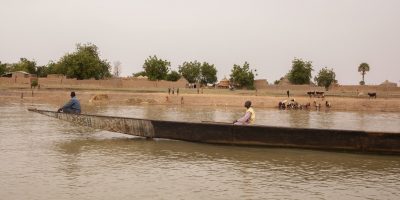
Background report
Cultural Transmission of Traditional Ecological Knowledge among Batwa Pygmies and Ntomba Bantou in Lake Tumba Landscape, Democratic Republic of Congo
This paper is a case study which aims to examine how today’s techniques related to different livelihood activities, but also in the social field, are acquired and transmitted among Batwa (pygmies) and Ntomba (bantou) communities living in the two villages (Moheli…
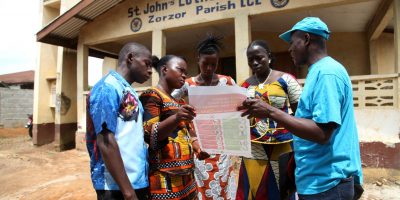
Field notes
Cultural Influences Behind Cholera Transmission in the Far North Region, Republic of Cameroon: A Field Experience and Implications for Operational Level Planning of Interventions
In recent years, the Far North Region of Cameroon has experienced serious and recurrent Cholera outbreaks. Yet, understanding of cultural influences on outbreaks and spread remain poorly understood. This qualitative study explored cultural influences on Cholera exposure in this region.…
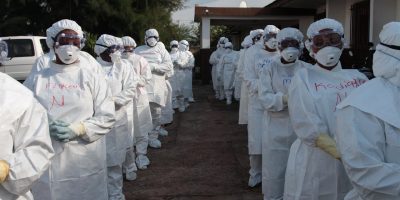
Background report
Biocommunicability and the Biopolitics of Pandemic Threats
In this article we assess accounts of the H1N1 virus or “swine flu” to draw attention to the ways in which discourse about biosecurity and global health citizenship during times of pandemic alarms supports calls for the creation of global…

Briefing
Cultural Epidemiology of Pandemic Influenza in Urban and Rural Pune, India: A Cross-Sectional, Mixed-Methods Study
The objective of this study was to identify and compare socio-cultural features of pandemic influenza with reference to illness-related experience, meaning and behaviour in urban and rural areas of India. Cross-sectional, mixed-methods, cultural epidemiological survey with vignette-based interviews. Semi-structured explanatory…
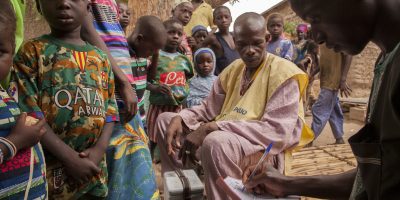
Background report
Costs for Households and Community Perception of Meningitis Epidemics in Burkina Faso
Bacterial meningitis in the African meningitis belt remains 1 of the most serious threats to health. The perceptions regarding meningitis in local populations and the cost of illness for households are not well described. We conducted an anthropologic and economic…


